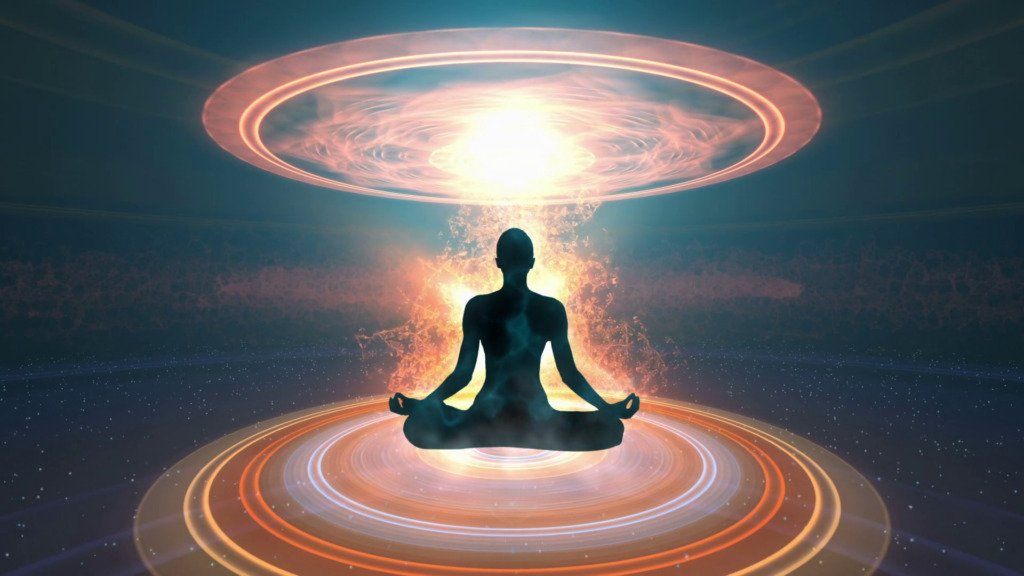By: Dipak Kurmi
According to Angus Calder, history is not simply a recollection of past events. Rather, it is a unique form of development in a non-scientific realm that connects the present to the past in such a way that if one link is broken, the continuation is severed. In other words, history is not just a record of what has happened in the past, but it is an ongoing process that shapes and influences the present. The events of the past have a lasting impact on the present and future, and to fully understand and appreciate the present, we must look back and examine the historical context that has brought us to where we are today.
The textbooks for Class 12 students in CBSE schools, published by the National Council of Educational Research and Training (NCERT), have changed content. Specifically, certain text related to Hindu-Muslim solidarity, the Mughal Empire, and Mahatma Gandhi has been removed from these textbooks. This shift in content has been noted by many and has sparked a discussion about the importance of preserving historical accuracy and inclusivity in educational materials. Some have expressed concern that the omission of certain historical events and figures may result in a skewed understanding of India’s past and present, and may perpetuate misinformation and biases.
By removing parts of history related to the Mughals and Mahatma Gandhi’s assassination, the continuity of historical knowledge has been broken. This removal has been viewed by some as a result of political biases against Mughals and Muslims. This raises the question of whether it is necessary to study a truncated and biased history at all. However, it is important to understand why we study history in the first place. History is not merely a story or record of past events. As Calder noted, history is a record of human evolution and civilization. We study history to stay informed about our past and to remain connected to our roots. When certain parts of history are removed, we become disconnected from our past, leading to confusion and a loss of direction. This is why history is important and needs to be protected as a treasure. The stories of the past have helped shape our culture, beliefs, ideologies, and identity. Therefore, we must learn about history to have a clear understanding of the present.
Personal biases and subjectivity have no place in the objective study of history, even if someone detests a particular community, religion, or group of people. History cannot be painted as Hindu, Muslim, or Jewish history, as what happened in the past cannot be erased or airbrushed. Just as the Holocaust and Auschwitz cannot be denied, events like the Gujarat riots in 2002 or Mahatma Gandhi’s assassination by a radicalized Hindu ‘Brahmin’ must also be acknowledged as historical facts. Attempts to delete these facts only indicate an effort to hide the truth and avoid discomfort. A false narrative is being created to confuse and obfuscate the past. It is likely that shortly, Nathuram Godse and his accomplice Narayan Dattatreya Apte will be publicly honoured as ‘martyrs’ by the neo-Hindus of India, who may be unaware of India’s diverse history. It is important to remember that revamping history is often driven by an unrealistic sense of nationalism and a malafide intention. Sweeping changes in history is often a result of the prevailing spirit of over-nationalism, which can distort and obscure historical events.
The Mughals had a long reign over India, lasting for more than 300 years. This period is not insignificant, and it’s important to remember that Muslims had come, ruled, and assimilated into Indian society even before the Mughals. However, not all Muslims were invaders like Bakhtiyar Khilji, Muhammad Ghori, Mahmud Ghaznavi, Nadirshah, or Ahmad Shah Abdali, who were known for their plundering. The Mughals, on the other hand, made significant contributions to India that cannot be ignored. If they were simply a band of ruthless conquerors, they would not have been able to maintain power for such a long time. In the words of British historian Donald Adamson, “Despite their excesses on the people of the subcontinent, Mughals and English also contributed immensely to the growth, development, and integration in the subcontinent. Both can be called a Curate’s Egg. Five hundred (300 hundred years of Mughals and 200 hundred years of the English) years of foreign rule cannot be wiped out from the consciousness of a country and its people.” It’s important to acknowledge the contributions and complexities of foreign rule in India’s history.
Can we ever deny the Taj Mahal, despite the claims of P N Oak and his followers that it was a Hindu temple? Who built it, as well as the Red Fort and many other monuments during the Mughal era? Can these unquestionable historical facts be doubted or denied Unfortunately, in modern Indian history, we seem to be determined to tarnish the glorious pages of Mughal history. Whether it’s architecture, literature, or language, haven’t we learned a lot from the Mughals and the English? The eminent Maharashtrian historian and Persian scholar, Setu Madhav Pagadi, wrote in 1970 that “The Marathi language owes its modern form to the numerous Persian words that it borrowed and assimilated into its linguistic corpus. Before the Mughals arrived in Deccan in 1636 AD, Marathi had a very limited vocabulary. Between 1636-1724, Persian enriched Marathi from a dialect to a language.” Can this be denied? Unfortunately, I’m sure that our next generation will soon lose their historical grounding and will be studying “modern” WhatsApp history, which glorifies anything Sanatani and vilifies anything with a hint of Islam or Muslims. This Ostrich Syndrome does not bode well for the country, but who cares?
I will conclude with a well-known quote by Aldous Huxley, which states, “The most important lesson of history is that men do not learn very much from the lessons of history.” This statement is undoubtedly accurate. (The author is a journalist & commentator based in Guwahati. He can be reached at dipaknewslive@gmail.com)







